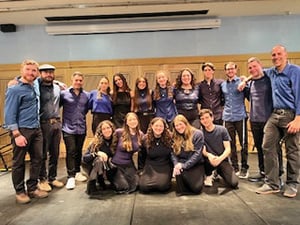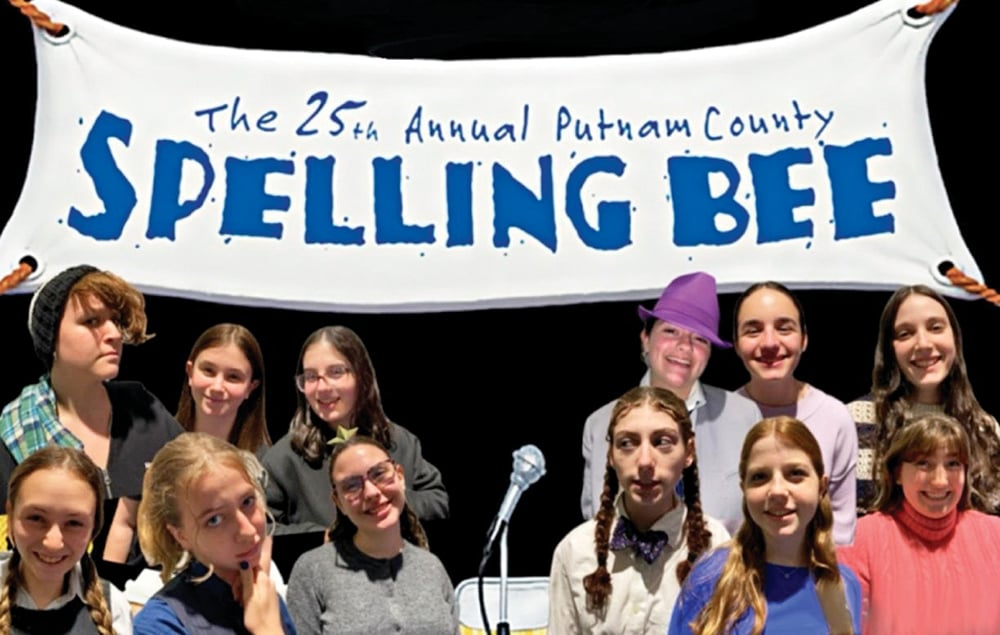I thank the editors of The Jewish Link for publishing the opinion of five area rabbis responding to the OU policy statement on the role of women in Orthodox Jewish life (“Reflections on the Current Debate on Women’s Professional Spiritual Leadership,” February 16, 2017). In a sensitive and respectful way, they have brought to light just a few of the many concerns they have with regard to the policy statement of the OU and the related “psak” of its panel of experts. It is worth reading more than once, followed by a reading of between the lines to get the full gist of their arguments.
I turn, however, to the response by another local rabbi, Shalom Baum, “Respecting the Sensitive, Nuanced Work of the OU and Their Poskim” (February 16, 2017). There is much that can be said about this piece but I focus on just a few points. First, R. Baum stresses the need for mutual respect in this conversation. Yet, in just the second sentence of his response, he finds it necessary to point out that the “majority of them have professional affiliations with YCT or Yeshivat Maharat.” What is the purpose of that if not to utterly discredit these rabbis by virtue of these relationships? One can almost see the wink he is giving readers saying, recognize who these guys really are—totally out of the mainstream of traditional Orthodoxy.
Second, the very first point made by the five rabbis commends the OU and the panel for endorsing expanded roles for talented women in the context of the synagogue community. They express concern, however, that follow-through may be lacking, just as it was seven years ago when the RCA produced a similar statement on the opportunity for women. R. Baum is the current president of the RCA and there could be no one in a better position to help us understand exactly what that body has done and is doing to further the role of women in Orthodox life. Yet, he is utterly silent on the matter. Why?
Last, Baum concludes his article with a plea for mutual respect (again) and continued conversation and dialogue. What should the conversation be about? By issuing this psak, the OU has closed off meaningful dialogue. When a judge issues a ruling, it’s not the beginning of the process, it’s the end. Time for implications and repercussions (if any), and move on. Had the OU/panel published an article detailing all the relevant arguments and positions in a scholarly journal (see, for example, J.D. Bleich’s discussion on The Get of Zefat comprising 72 pages and 139 footnotes; Tradition, Spring 2015) pertaining to women’s roles in Orthodox life, that would have been a document worth reading and responding to, and the call for dialogue might have been a little more serious and meaningful.
A final thought: I have purposely steered clear of commenting on substantive halachic issues because I have no such expertise. However, it seems to me that from the moment women were given the opportunity to engage seriously with Jewish texts and traditions—from the beginning of the Bais Yaakov movement 100 years ago through the opening of the Stern College Beit Midrash 40 years ago—it was inevitable that we would reach this point. The challenge now is to assure that these highly talented and motivated women are every bit as prepared as men to assume the awesome task of leading and inspiring Jews—young and old, men and women—to greater heights in Torah learning and mitzvot observance. Will they be up to the task? We’ll find out soon enough, and the answer to that question will determine whether women can and should serve in clerical roles.
Robert Friedman
Teaneck












